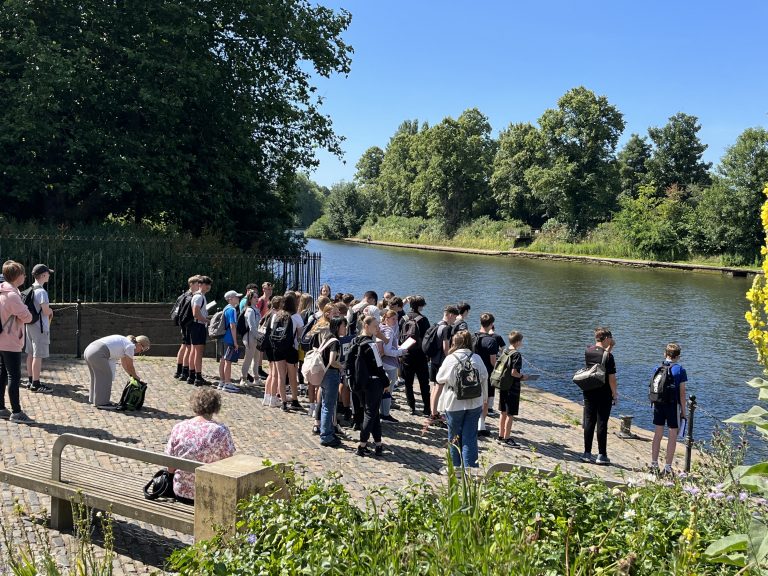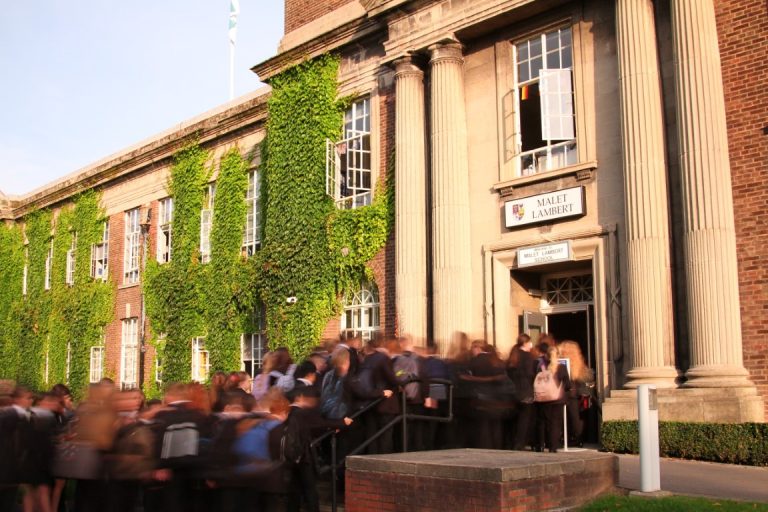The Geography curriculum at Malet Lambert aims to inspire our pupils to better understand their place in the world, and to investigate the physical and human interactions that have created and shaped the world in which they live.
Through a carefully designed and sequenced learning journey, pupils will become equipped with a knowledge-rich understanding of the local, national and global issues that are facing pupils now and in the future.
As pupils progress through the curriculum, they will explore a range of topics which are connected through our core themes of interdependence, physical and human processes, environmental impact, sustainable development, cultural awareness and diversity. A synoptic unit of study at the end of each year at KS3 enables pupils to deepen their understanding of the ever-changing world by considering the challenges to a particular ecosystem.
Our Geography curriculum supports pupils’ in their personal development, as they investigate global community issues such as climate change, and local community issues such as planning laws and flood risk. Pupils are able to formulate their own opinions on the best ways forward for a sustainable future based on their growing geographical thinking.
Pupils will also have the opportunity to learn outside the classroom; putting their theories to the test in coastal settings such as Hornsea and urban settings such as York City Centre.
Upon completion of their Geography curriculum at Malet Lambert, the subject will have played a major role in fostering global citizens with an understanding of diversity both within modern Britain and across the world, and a respect for other cultures.

Facilities
The Geography department comprises four classrooms, all located in the new extension to the PE building. All classrooms have interactive screens, along with regular access to class sets of Chromebooks enabling geographical research, use of GIS and Google Classroom. We also have specific fieldwork equipment including anemometers, callipers, ranging poles and clinometers, as well as up to date textbooks and visualisers.
The Big Questions...
At Key Stage 3 (Years 7-9), the topics are contemporary and introduce knowledge in a carefully planned sequence, encouraging students to answer big geographical questions:
The big questions explored in Year 7 include:
- What is Geography?
- What is the place of Hull?
- Is the world getting richer or poorer?
- How does the weather impact people’s lives?
- What issues affect hot deserts?
The big questions explored in Year 8 include:
- Who are the winners and losers of climate change?
- How do cities change?
- How is Hornsea beach made?
- What are the threats to our oceans?
- What is the almighty dollar?
- What issues affect cold environments?
The big questions in Year 9 include:
- What are the scales of global inequality?
- How can humans live with tectonic hazards?
- How do resources lead to conflict?
- How do populations face different health challenges?
- What issues affect tropical rainforests?
In Years 10 and 11, pupils follow the Edexcel GCSE Geography A specification:
- Weather hazards and climate change
- Global development
- Changing landscapes
- Changing cities
- Physical fieldwork
- Human fieldwork
- Ecosystems, biodiversity and management
- Resource management
- UK Challenges
Extra Curricular
The department offers several fieldwork opportunities, starting in the school grounds in Key Stage 3 studying microclimate and environmental quality. In Key Stage 4, we consider the impacts of coastal erosion at Hornsea and the changing urban structure in York.
We also run revision sessions and are involved in external competitions such as the Waterline Student Challenge and Climate Change makers.

